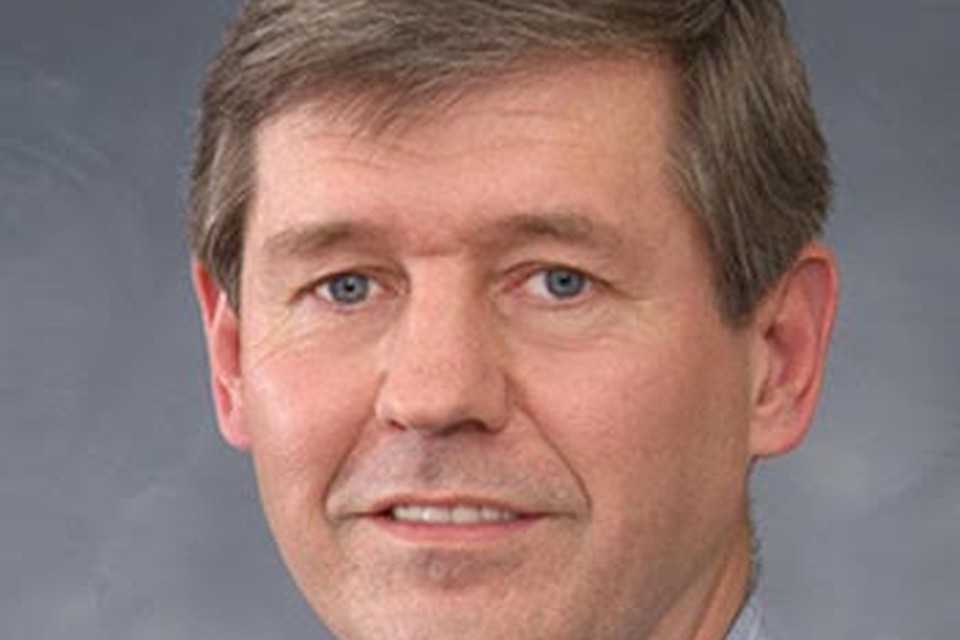Dr. Richard Ager is a good listener. “I’ve always known that I wanted to do some kind of work in the area of counseling people,” he explains. At a young age, he had a distinct knack for talking with people, listening to their needs, and serving as a sounding board for others.
He came of age in the late 1960s and early 1970s, when new therapeutic modalities and innovative breakthroughs in psychology stirred his early interest in the field. After poring over psychology texts in high school, Dr. Ager starting working for Drug Help — the second 24-hour mental health helpline ever created — while majoring in psychology at the University of Michigan.
That experience excited him, laying the foundation for what would become his foremost activity during years of subsequent clinical work: listening with empathy. Rather than jarring him, working at Drug Help gave Dr. Ager a distinct sense of purpose as he helped frightened people in crisis. This was what he was meant to do.
Becoming a Licensed Professional Counselor
After he completed his undergraduate studies, Dr. Ager put his listening skills to good use by working in group homes and detention facilities. Eventually, he settled into a job as a probation officer. In this role, he witnessed the long-term effects of substance use — a subject that would later become an area of clinical focus as well as a major research interest.
But Dr. Ager held fast to his lifelong dream of becoming a counselor, which soon became a reality. After earning his master’s degree in social work, he worked as a counselor at a family services agency for six years. He later returned to school for his dual doctorate in social work and psychology at the University of Michigan before joining the faculty at the Tulane School of Social Work.
Although counseling remained his first calling, Dr. Ager developed another passion: teaching. “I had some really great experiences with instructors in my master’s program, who suggested I go on to get my doctorate” in order to teach, he explains. Dr. Ager credits his ongoing experience as a counselor with making him a better, more empathetic instructor.
Continuing Education to Become a Licensed Professional Counselor
Dr. Ager understands the profound influence that a perceptive instructor can have on a student’s future career. His own MSW instructors inspired him to pursue a PhD and heavily influenced his extensive work with substance abuse and family counseling. And it was at the request of one of his doctoral professors that he first contributed to research related to treatment outcomes for different kinds of interventions for families and couples affected by substance use.
Along with the importance of instructor influence and mentorship in shaping a student’s career, Dr. Ager has championed innovative approaches to pedagogy. A large grant to train several hundred clinicians in Louisiana in an evidence-based practice called “motivational interviewing” — an approach to substance use intervention that begins with the premise of empathy and understanding rather than confrontation — allowed him to pursue his instructional and pedagogical interests as well as the evergreen passion for counseling that had been validated by his early experiences at Drug Help.
Many continuing education programs for advanced clinicians are limited to half-day or daylong lecture-based workshops, Dr. Ager explains. He found that more extended programs that included demonstrations and hands-on practice across a three-day period were more effective. Continuing education for social workers, psychologists, and other advanced clinicians became a major focus for Dr. Ager. Over the course of his service as the director of the Porter-Cason Institute for the Family at Tulane, he trained hundreds of clinicians in family practice, bringing his passion for helping couples and families together with his commitment to evidence-based pedagogy.
How Licensed Professional Counselors Apply Principles
In keeping with Dr. Ager’s penchant for listening closely and meeting individuals, couples, and families where they are, one of his primary clinical focuses is intimate partner violence. Specifically, he’s interested in how counselors can apply many of the principles of standard substance abuse treatment to curb domestic violence — and, ideally, prevent it altogether.
“There’s a lot of overlap there,” Dr. Ager explains. In his research, Dr. Ager starts where he thinks it matters most: with individuals directly affected by violence. Viewing them as the experts, he tries to see events unfolding from their perspective, just as he has always tried to do when working with people who might be struggling. “What are the antecedents to violence?” he wonders. “What are the consequences? What happens during the violence that might perpetuate it? Most importantly, what are some things that might protect against it?”
Applying Research as a Licensed Professional Counselor
Dr. Ager used those questions to develop a list of discrete items that might be helpful for counselors and researchers in working to treat the aftermath of, and ultimately prevent, intimate partner violence. With his usual dedication, he brought his research into the classroom and his background in teaching and mentorship into the office. Most importantly, he listens empathetically to individuals — whether students, mentees, clients, or patients — to ensure he amplifies their voices alongside and beyond his own. Advance Your Career by pursuing a Doctorate in Social Work (DSW).
